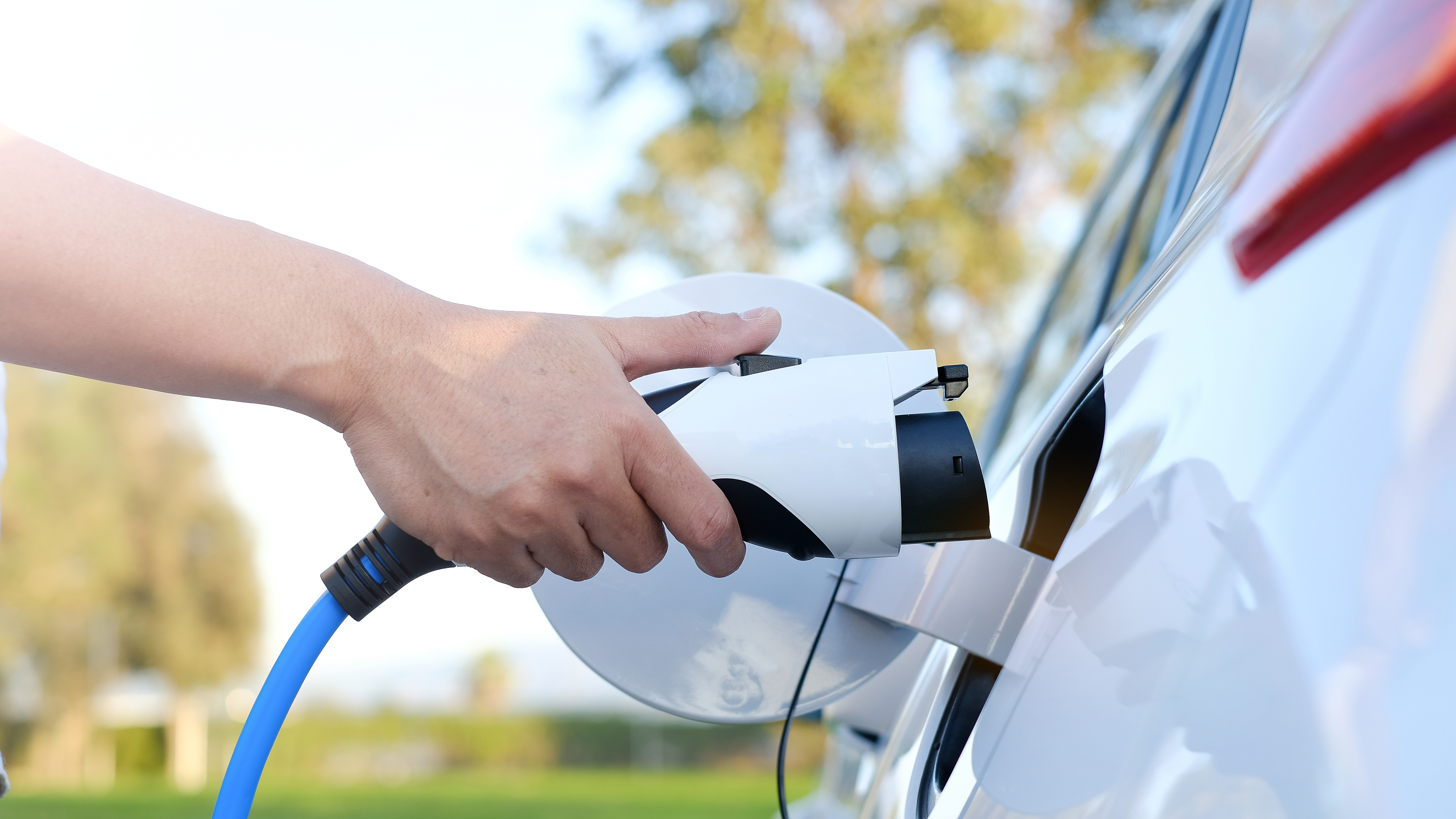Analyzing the Impact on Your Energy Bill
Transitioning to an electric vehicle (EV) is not just a lifestyle choice—it's a financial decision that impacts your energy bills. Understanding the nuances of this shift is crucial for current and potential EV owners who want to maximize their savings while minimizing their carbon footprint. This article delves into the impact of EVs on your energy bill and how you can harness electric vehicle savings effectively.
Electric vehicles are powered by batteries that need to be charged regularly, much like how you fill a gas tank in a traditional car. The difference is that instead of gasoline expenses, you'll notice an increase in your electric bill. The impact on your bill depends on various factors, including your driving habits, the efficiency of your EV, and local electricity rates.
The more you drive, the more energy your vehicle requires. Frequent long-distance travel will naturally lead to higher electricity consumption. It's essential to consider your typical driving patterns when estimating the EV energy bill impact.
Electricity costs can vary significantly depending on where you live. Some regions offer time-of-use rates, which means electricity is cheaper during off-peak hours. Charging your EV during these times can lead to substantial savings.
Not all electric vehicles consume energy at the same rate. Factors like battery size, vehicle weight, and aerodynamics can affect how much electricity your car uses. Comparing different models can help you choose the most energy-efficient option, reducing your overall expenses.
Utilizing Renewable Energy for Charging
If you have solar panels, charging your EV using renewable energy can drastically reduce the impact on your energy bill. This not only cuts costs but also enhances the environmental benefits of owning an electric vehicle.
Investing in smart charging technology can help you manage your energy consumption more effectively. These systems can automatically charge your EV during off-peak hours, ensuring you benefit from the lowest rates possible.
Government Incentives and Rebates for EV Owners
Many governments and utility companies offer incentives for EV owners, which can help offset the initial investment in charging infrastructure or reduce electricity costs. Research available rebates in your area to take full advantage of these programs.
Conclusion: Maximizing Your Electric Vehicle Savings
The transition to an electric vehicle can lead to considerable savings if managed wisely. By understanding the factors that affect your energy consumption and implementing strategies to optimize your electric car expenses, you can enjoy the benefits of an EV without the financial burden. As the world continues to move towards sustainable transportation, being informed and proactive about your energy usage is more important than ever.
